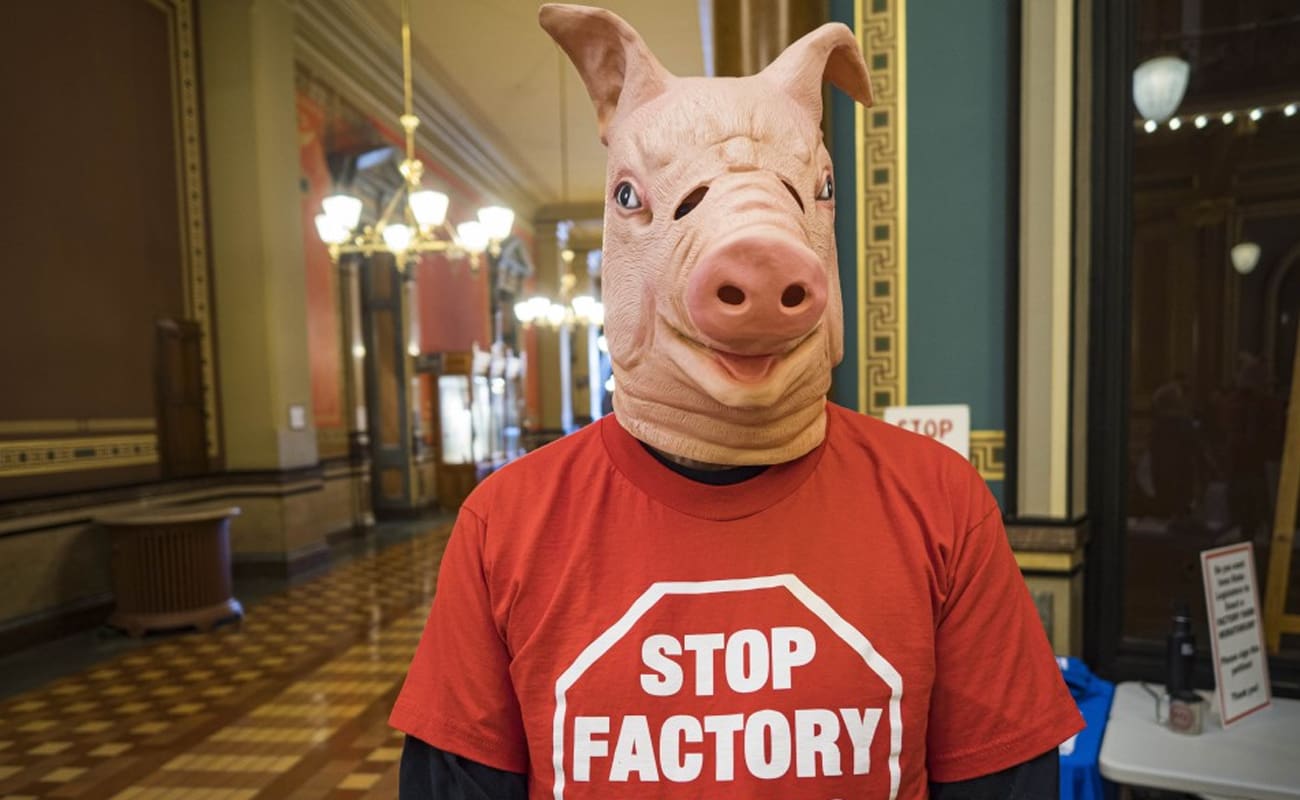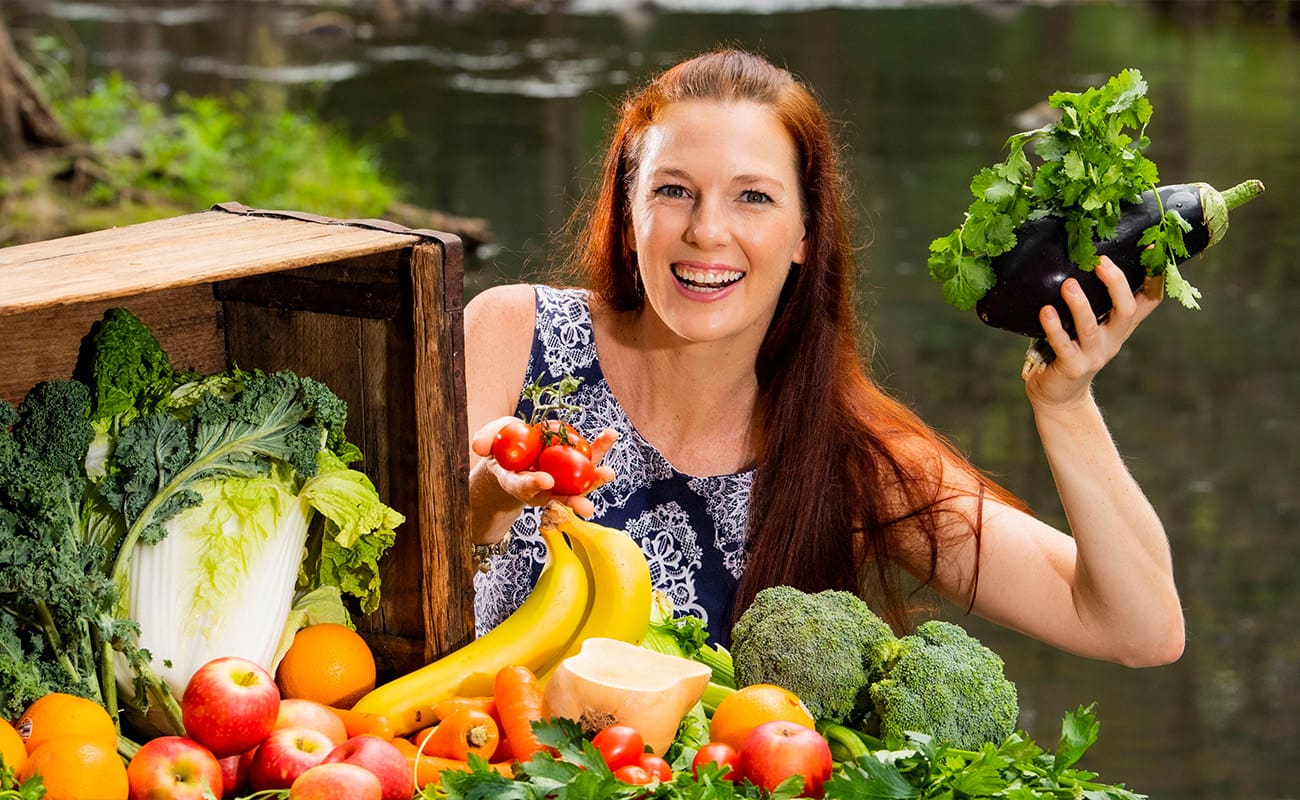This category highlights the pivotal role that personal choices play in shaping a more compassionate, sustainable, and equitable world. While systemic change is essential, everyday actions—what we eat, what we wear, how we speak up—carry the power to challenge harmful norms and influence broader societal shifts. By aligning our behaviors with our values, individuals can help dismantle industries that profit from cruelty and environmental harm.
It explores practical, empowering ways people can make a meaningful impact: adopting a plant-based diet, supporting ethical brands, reducing waste, engaging in informed conversations, and advocating for animals within their circles. These seemingly small decisions, when multiplied across communities, ripple outward and drive cultural transformation. The section also addresses common barriers such as social pressure, misinformation, and access—offering guidance for overcoming them with clarity and confidence.
Ultimately, this section encourages a mindset of conscious responsibility. It emphasizes that meaningful change doesn’t always begin in legislative halls or corporate boardrooms—it often starts with personal courage and consistency. By choosing empathy in our daily lives, we contribute to a movement that values life, justice, and the health of the planet.
Animal cruelty in factory farms is a pressing issue that demands attention and action. The growing awareness of this problem has led many individuals to adopt a vegan lifestyle as a way to combat animal cruelty. Veganism, which involves abstaining from the consumption and use of any animal products, plays a crucial role in reducing animal suffering in factory farms. By eliminating the demand for animal products, veganism directly challenges the practices of industrialized animal farming and supports the ethical treatment of animals. In this blog post, we will delve into the role of veganism in reducing animal cruelty in factory farms and explore the benefits of choosing a vegan lifestyle. Join us as we examine the link between factory farms and animal cruelty, discuss the contribution of veganism in reducing suffering, and shed light on the ethical considerations of factory farming. We will also explore how veganism can break …


























































